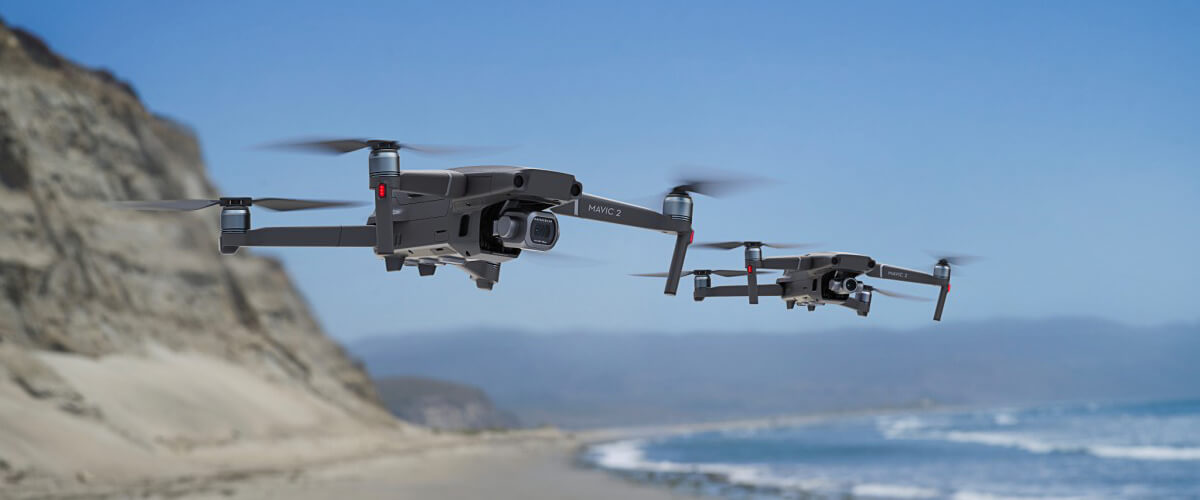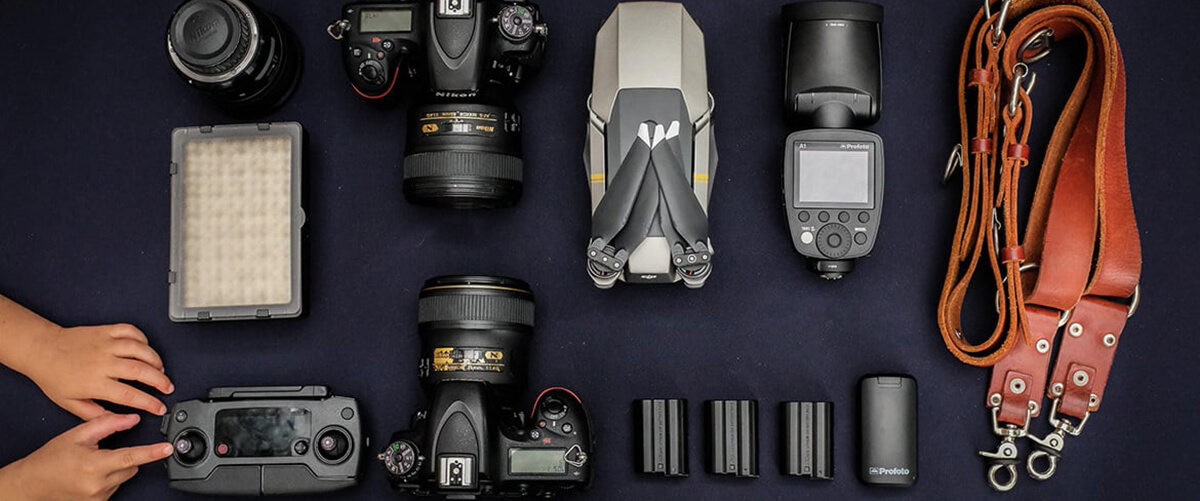1. Is it recommended to bring a tripod or filters?
2. Can I use Facebook, WhatsApp, and Google in China?
3. What is the best way to connect with my guide while in China?
4. What is the process for obtaining local currency (RMB) in China?
5. What are the regulations for flying drones in China?
6. Is tipping expected in China? If so, how much should I tip?
7. Is it possible to use credit cards everywhere in China?
8. Would it be more affordable to purchase camera equipment in China?
9. Is it possible for me to participate in a group tour?


